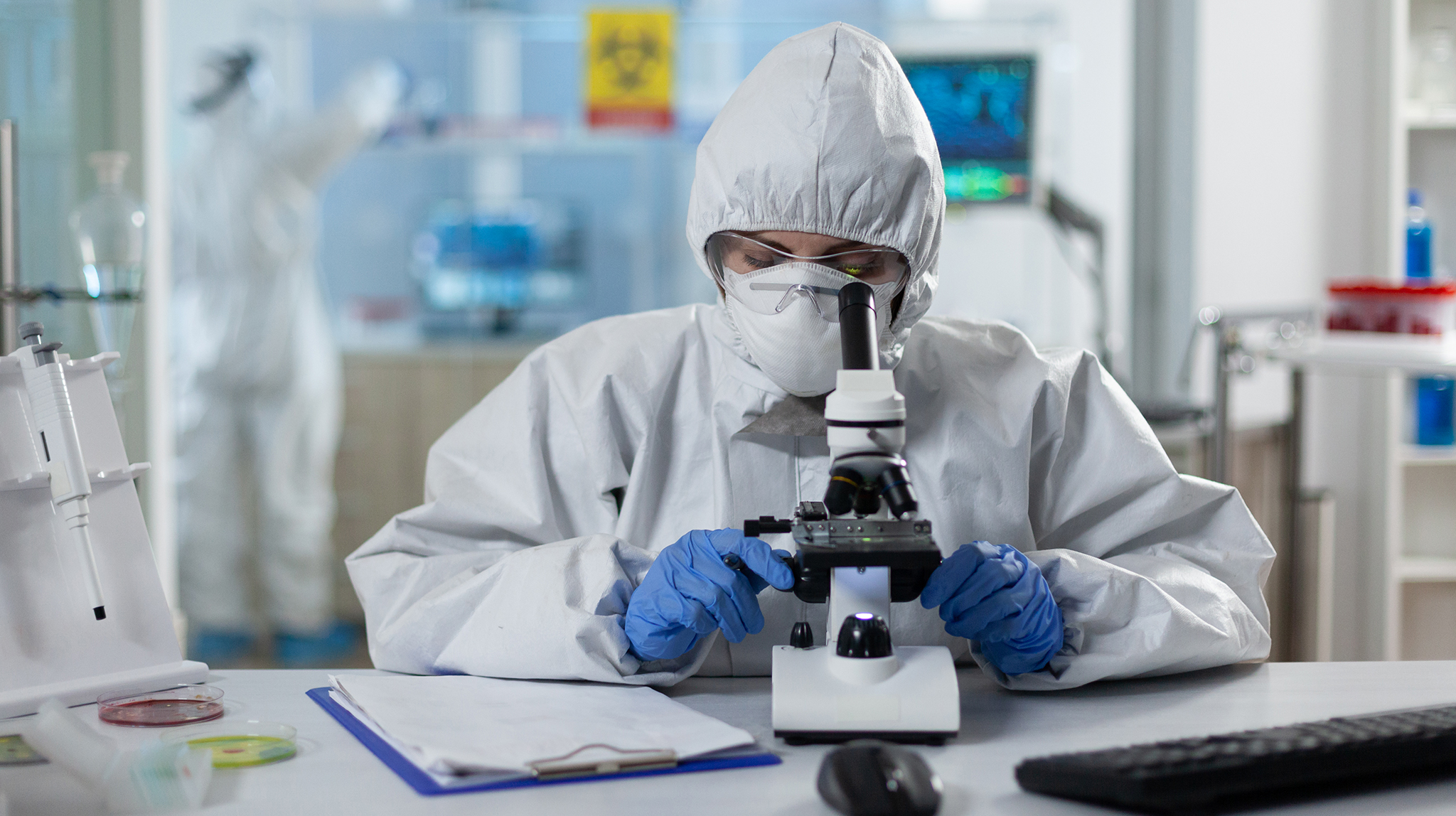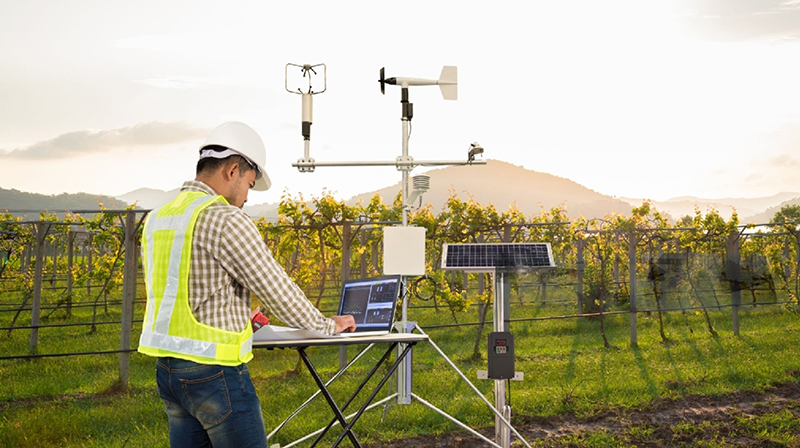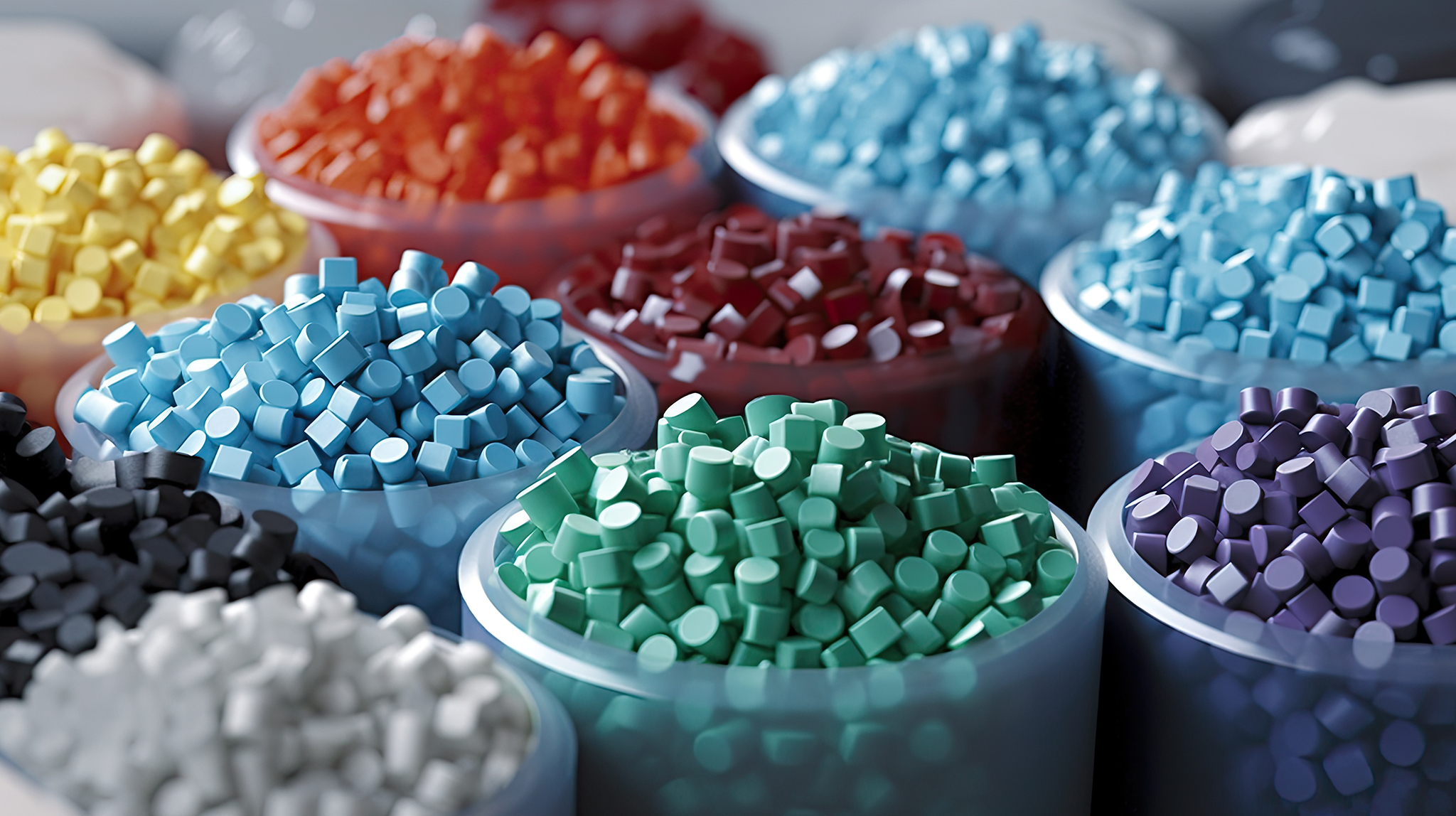Chemical testing plays an invisible but crucial role in our everyday lives. It’s a scientific discipline that ensures the safety, quality, and performance of the vast array of chemical substances we encounter daily. From the cosmetics we use to the food we eat and the cleaning products that keep our homes sanitized, Fare Labs chemical testing services involve the very foundation of product development, manufacturing, and regulatory compliance.
What is Chemical Testing?
At its core, chemical testing services is a set of analytical procedures designed to identify, quantify, and characterize the chemical composition of a material or product. These tests can be either qualitative, revealing the presence or absence of specific components, or quantitative, measuring the exact amount of a particular substance present. With accreditation as per ISO/IEC 17025:2017 by NABL and its recognition by esteemed regulatory bodies like the Food Safety & Standards Authority of India (FSSAI), Agricultural & Processed Food Products Export Development Authority (APEDA), Export Inspection Council (EIC), Bureau of Indian Standards (BIS), and MOEF & CC attest to its credibility and adherence to stringent quality standards. FARE Labs employs advanced technologies to conduct thorough analyses, ensuring water meets the highest standards for safety and purity.
Why is Chemical Testing Important?
A Chemical testing lab serves a multitude of purposes, all aimed at safeguarding human health, public safety, and environmental well-being. Here are some key reasons why chemical testing is essential:
- Safety Assessment: Chemical testing helps identify potential hazards associated with a substance. This includes evaluating factors like toxicity, flammability, reactivity, and corrosivity. By pinpointing these risks, manufacturers can implement safety measures throughout the product lifecycle, from formulation to disposal.
- Quality Control: Chemical testing ensures that a product meets its intended specifications and adheres to industry standards. For instance, testing food additives verifies their purity, functionality, and shelf life. Similarly, pharmaceutical testing guarantees the potency, efficacy, and safety of medications.
- Regulatory Compliance: Many government regulations mandate specific chemical testing procedures for various products. These regulations are established to protect consumers and the environment from harmful substances. Chemical testing helps manufacturers demonstrate adherence to these regulations, ensuring their products can be legally brought to market.
- Environmental Protection: Chemical testing plays a vital role in safeguarding our environment. It helps assess the potential environmental impact of chemicals, such as their biodegradability, toxicity to aquatic life, and contribution to air or water pollution. Through such testing, manufacturers can develop eco-friendly products and minimize their environmental footprint.
Types of Chemical Testing Services
The vast domain of Chemical testing services encompasses a wide array of techniques and methodologies. Some of the most common types of chemical testing include:
- Spectroscopy: This method uses light or electromagnetic radiation to analyze the structure and composition of a material. Different spectroscopic techniques, like mass spectrometry and infrared spectroscopy, provide valuable insights into the chemical makeup of a substance.
- Chromatography: This technique separates the various components of a mixture based on their physical or chemical properties. The separated components can then be identified and quantified using other analytical methods.
- Wet Chemistry: This traditional approach involves a series of chemical reactions to identify and measure specific analytes in a sample. Though potentially time-consuming, wet chemistry techniques remain valuable for certain applications.
- Instrumental Analysis: Modern chemical testing heavily relies on sophisticated instruments like gas chromatographs, high-performance liquid chromatographs (HPLC), and atomic absorption spectrometers. These tools provide rapid, accurate, and automated analysis of chemical samples.
The Future of Chemical Testing
As technology advances, the field of chemical testing is constantly evolving. There’s a growing emphasis on automation, miniaturization, and high-throughput screening methods that can analyze large numbers of samples efficiently. Additionally, if you are looking for Chemical Testing laboratory in Gurgaon, Fare Labs should be your first preference. In conclusion, chemical testing forms the backbone of a safe and sustainable future. By ensuring the safety, quality, and environmental responsibility of chemicals, chemical testing safeguards public health, promotes responsible manufacturing practices, and fosters a cleaner environment for generations to come. As a testing service company, FARE Labs is proud to serve as the most trusted Chemical Testing Lab in India.




